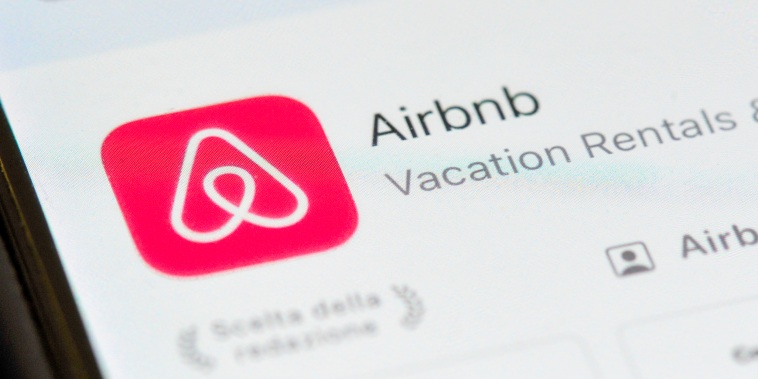Airbnb, one of the world’s largest online marketplaces for arranging or offering accommodations, has recently implemented a ban on indoor security cameras for rental properties listed on its platform. This unprecedented move underpins the company’s firm commitment to ensuring optimal privacy for its patrons.
Airbnb operates on a principle of hospitality, which is fundamentally built on trust and respect. It understands that a huge part of this is about protecting its users’ rights, and one of the fundamental rights is the right to privacy. Privacy concerns are not a trivial matter, particularly in an era where advanced technology applications can compromise people’s personal space. Recognizing these issues, Airbnb has imposed the ban to closely safeguard the privacy and dignity of its clients.
This new policy sets clear boundaries for hosts regarding surveillance: covert hidden cameras or recording systems are unequivocally prohibited from being installed in the rented space. These include cameras in the sleeping quarters, bathrooms, or anywhere else that could be perceived as invading a guest’s personal space. Any form of non-compliant activity will be treated as a serious violation by the company.
However, the ban does not indiscriminately extend to all security measures. In spaces that are shared, outdoor surveillance and security devices are acceptable provided they meet Airbnb’s disclosure requirements. Hosts are allowed to set up security cameras outside, in the living room, or in any other communal space, but they must explicitly disclose the presence of these security devices in their listings. They must place them visibly and inform the guest about them before their stay begins.
The aim of this policy is certainly not to undermine the security, but rather to balance it out with privacy concerns. It acknowledges the right of hosts to secure their property but suggests they do so without infringing upon the privacy rights of their guests. Besides, outdoor surveillance is deemed more than sufficient to deter potential threats, and it doesn’t make guests uncomfortable during their stay.
The implementation of the ban ensures guests are confident that their privacy isn’t continually being breached. Such a strong stance against the use of indoor security cameras helps build customer trust and, in turn, can lead to higher customer loyalty. The move also aligns Airbnb with data protection regulations globally, further increasing its standing as a responsible, guest-centric platform.
An interesting aspect of this policy is the drive for transparency. It necessitates a new level of openness from hosts. This proactive disclosure promotes understanding and trust between guests and hosts because there are no surprises or violations of personal space. The policies put the responsibility on hosts to ensure that they are absolutely clear about the security measures they have taken, thereby creating an environment of mutual respect and trust.
This bold move by Airbnb signals the company’s commitment to prioritizing guest privacy over surveillance convenience. It’s a forward-thinking step that other businesses in the sharing economy may well follow. It showcases Airbnb’s resilience in maintaining ethical practices and positive customer experiences, and paves the way for a more privacy-conscious future in the home-sharing realm.
Digitally, Airbnb plans to support this ban with robust technologies and automated tools to detect undisclosed cameras and alert the company. Alongside technological enforcement, the platform will provide a strong support system for users who feel their privacy has been compromised.
In conclusion, Airbnb’s indoor camera ban is a demonstration of the company’s dedication to protecting users’ privacy. The policy not only ensures a safer and more comfortable experience for guests, but it also fosters trust in the platform, solidifying Airbnb’s standing as a trusted leader in the global marketplace for unique and authentic places to stay.




